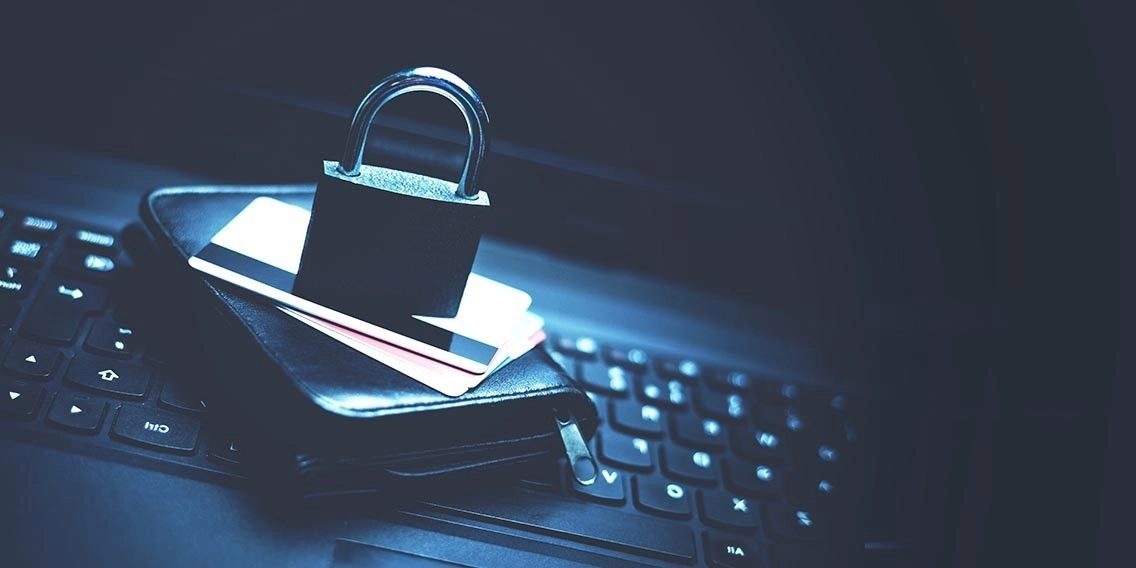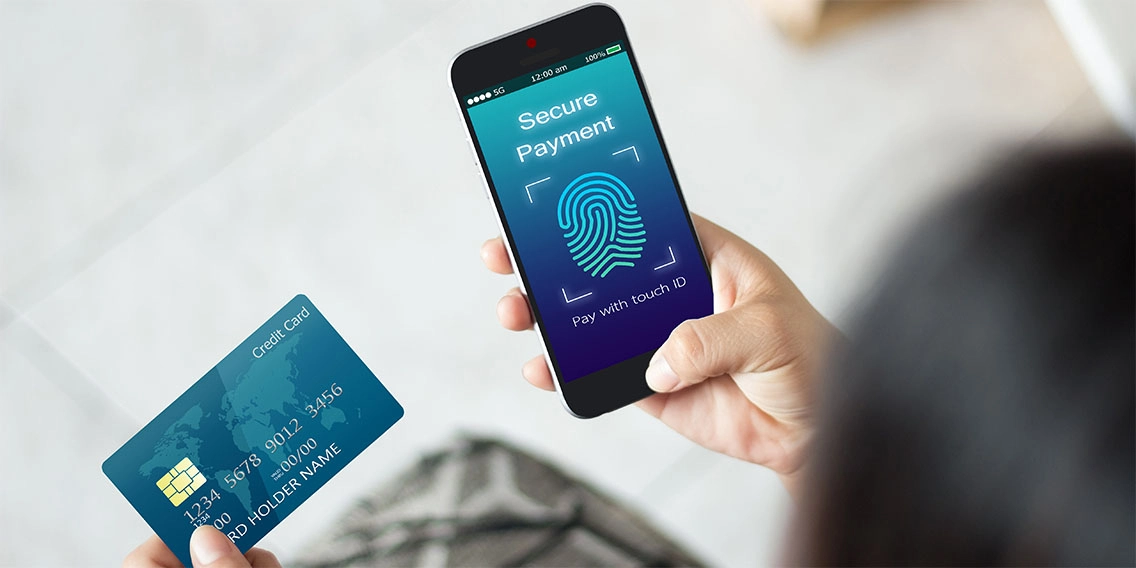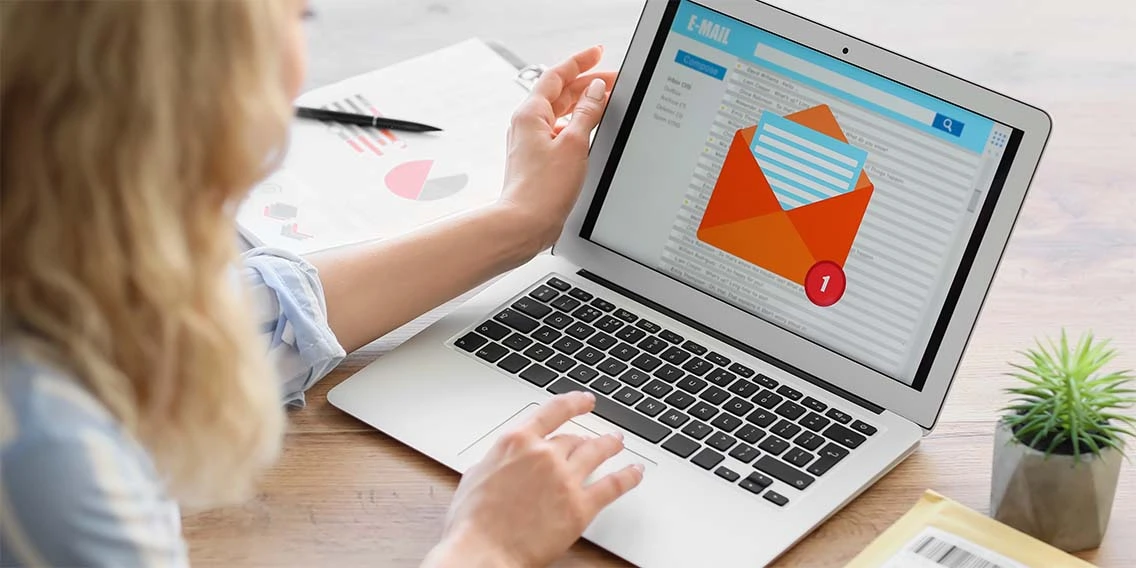SECURITY
What to Do if Your Identity is Stolen
EXPECTED READ TIME: 7 MINUTES
If you like slapstick with a dash of road trip, you'd probably enjoy the movie Identity Thief.
This early 2010s film follows the comedic misadventures of a thirtysomething suburbanite who travels across the country to track down the woman who's running up huge amounts of debt using his stolen identity.
As entertaining as this movie may be, identity theft in real life is no laughing matter. The tips in this guide will help keep you from becoming the punchline.
Jump to any section:
What Is Identity Theft?
Identity theft is a type of crime that involves illegally obtaining a person's personal or financial information and using it to commit fraud.
Typically, identity thieves try to steal your name and address, birthdate, credit card or bank account numbers, Social Security number (SSN), and medical insurance files or data so they can:
- Make purchases or get cash advances with your credit cards
- Open new credit card accounts in your name
- Withdraw money from your checking and savings accounts
- Steal tax refunds and other government documents or benefits
- Receive medical care with your health insurance
- Impersonate you if they're arrested
- Sell your information on the dark web
Depending on the severity of the fraud and length of time it goes undetected, identity theft can cause varying degrees of damage to your credit, finances, and reputation.
Is Identity Theft a Big Problem?
Yes, identity theft is a problem. In fact, the Federal Trade Commission (FTC) devotes an entire website to help victims of identity theft. Consider:
- In 2020, the FTC received 1.4 million reports of identity theft.
- Identity theft complaints represented 29% of all complaints received by the FTC.
- The number of identity theft reports increased by 113% between 2019 and 2020.
Since many people fail (or choose not) to report identity theft, the true number of victims isn't known. That said, the FTC estimates that 9 million identities are stolen each year.
In terms of financial impact, advisory firm Javelin Strategy and Research found that losses from "traditional" identity fraud came to $13 billion in 2020, a 21% decrease from 2019.
If someone steals your identity, you might not realize it until the damage has already been done.
How Identity Theft Happens
Identity thieves can steal your personal information using methods that range from extremely sophisticated to downright unrefined. Popular approaches to identity theft include:
Data Breaches
You'll hear about these on the news a lot — reports of security breaches at some of the country's largest corporations. While hacks like the Marriott Hotels Group data breach of late 2018 grab most of the headlines, attacks on smaller companies and individuals are becoming more prevalent.
Data breaches tend to fall into two categories:
- Intentional Data Breaches: Criminals hack into an organization's computer network or trick an employee into clicking a link that exposes customers' names, addresses, credit card numbers, and other sensitive information.
- Accidental Data Breaches: An employee leaves a work computer or customer file containing personal data open or unsecured by a password, making it easy for someone to steal.
Phishing
With this scam, cybercriminals send phishing emails that dupe you into revealing personally identifiable information (PII). The goal of a phishing email is to steal your identity, open new credit cards in your name, or hack into your financial accounts. Phishing is one of the oldest forms of cyberattack. It's also one of the most effective.
Larceny
Old-fashioned purse snatching or wallet grabbing provides an effective springboard to identity theft. Aside from any cash they might score, a pickpocket-turned-identity-thief could have a field day with your driver's license, credit cards, and other personally identifiable information you might carry with you.
Mail Theft
At any given time, your mailbox contains a wealth of data that crooks can use to assume your identity. Bank statements, credit card bills, tax returns, and (in some cases) preapproved credit card offers are some of the prized items that often go unguarded just steps from your home or apartment.
Dumpster Diving
Dumpster diving may not be the flashiest way for criminals to get their hands on your personally identifiable information, but it's a strategy that's stood the test of time, especially when it comes to financial statements, tax documents, credit applications, and other information you'll often toss away without a thought. Make sure to shred any hard copies that contain sensitive data before throwing them out.
Protecting yourself from identity theft begins with being more careful in general and paying attention to your physical surroundings.
Signs of Identity Theft
If someone steals your identity, you might not realize it until the damage has already been done. Common telltale signs include:
- Bank withdrawals you didn't make
- Charges on your credit cards you don't recognize
- Bills from companies you've never heard of or done business with
- Notices or calls from collection agencies about accounts you didn't open
- Rejection letters for loans you didn't apply for
- Denials of legitimate medical claims or bills for services you didn't receive
- Letters from the IRS about issues with your tax returns or unreported income
Obviously, the sooner you can spot identify theft, the better. If you notice any of these signs, seek help right away and begin the process of taking back your life.
What to Do if Your Identity is Stolen
Don't wait for it to blow over. Take the following steps as soon as possible:
Contact Companies Where Fraud Occurred
Call the fraud department at any business where you know fraud occurred and explain that someone stole your identity. Do the same with your credit union or bank, your credit card issuer, and your utility companies.
Representatives will walk you through the steps to close or suspend your accounts to prevent additional damage. You'll also want to change all login information and PINs associated with your accounts.
File a Complaint With the FTC
Next, you should file a complaint with the FTC. The details you provide will be used to create your personal recovery plan, so be as thorough as you can. You'll also receive an Identity Theft Report that proves someone stole your identity and guarantees you certain rights with your credit card company and other creditors.
Place a Fraud Alert on Your Credit Reports
A fraud alert notifies any lender who tries to pull your credit that your identity may be compromised and instructs them to contact you directly before extending new credit in your name. You can contact any of the three main credit bureaus (Equifax, Experian, or TransUnion) to flag your report, and they'll automatically apply alerts at the other two bureaus.
Make sure to shred any hard copies that contain sensitive data before throwing them out.
Review Your Credit Reports
You're entitled to a free credit report each year from the three main credit bureaus. Scour each report for signs of fraud like accounts you didn't open, transactions you didn't make, and payment histories you don't recognize. This will help when you report the theft-related incidents to the FTC and the police.
File a Police Report
Although it isn't essential to file an identity theft report with your local police, it certainly doesn't hurt. The paper trail may prove beneficial in the future, particularly if the thief lives nearby or if someone uses your name or information to commit a crime.
Freeze Your Credit
Putting a credit freeze on your credit report makes it more difficult for identity thieves to make purchases or open new accounts in your name. To place one on your reports, contact each of the nation's three main credit bureaus individually:
Your credit will remain frozen until you request an end to the freeze. If you want to be extra safe, you can leave it frozen around the clock as a precaution.
Identity thieves steal your personal information using methods that range from extremely sophisticated to downright unrefined.
How to Prevent Identity Theft
Even though there are many resources available to help you recover if your identity is stolen, you're far better off trying to prevent it from ever happening. These physical and digital security tips will help reduce your chances of being victimized.
Physical Security
Protecting yourself from identity theft begins with being more careful in general and paying attention to your physical surroundings.
- Keep your Social Security card in a secure place — not in your wallet or purse.
- Be selective about when and with whom you share personal information (birthdate, address, SSN, bank account numbers, credit card data, etc.).
- Safeguard your passwords and PINs.
- Collect your mail daily and place a hold on it when you're away for extended periods.
- Pay attention to your billing cycles and contact the respective companies if your bills or financial statements are late.
- Review your credit card and bank account statements carefully and look for unauthorized transactions.
- Shred receipts, credit offers, account statements, and expired credit cards before throwing them away.
- Store sensitive personal information in a safety deposit box or home safe.
Digital Security
With the uptick in online transactions and electronic data storage, digital security has become central to guarding against identity theft.
- Activate the security features on your computer, phone, and other devices.
- Secure your home network and limit (or avoid) use of public Wi-Fi.
- Use a virtual private network (VPN) when logging into a public network.
- Install firewalls and virus detection software on your home computer.
- Create complex passwords for your devices and accounts and change them periodically.
- Update your operating system and apps whenever new versions become available.
- Register for text alerts on your accounts to get notified of suspicious transactions.
- Review your free credit report each year to ensure the information is correct.
Also be sure check out these tips to protect your phone from hacks and learn how to be safer when working remotely.
The Takeaway
By monitoring your accounts and credit reports, learning to identify suspicious activity, and acting quickly if your personal information becomes compromised, you can limit or prevent the financial and emotional damage from identity theft.
Have More Questions about Security? PenFed has Answers
Learn more about protecting yourself from online theft and threats.




